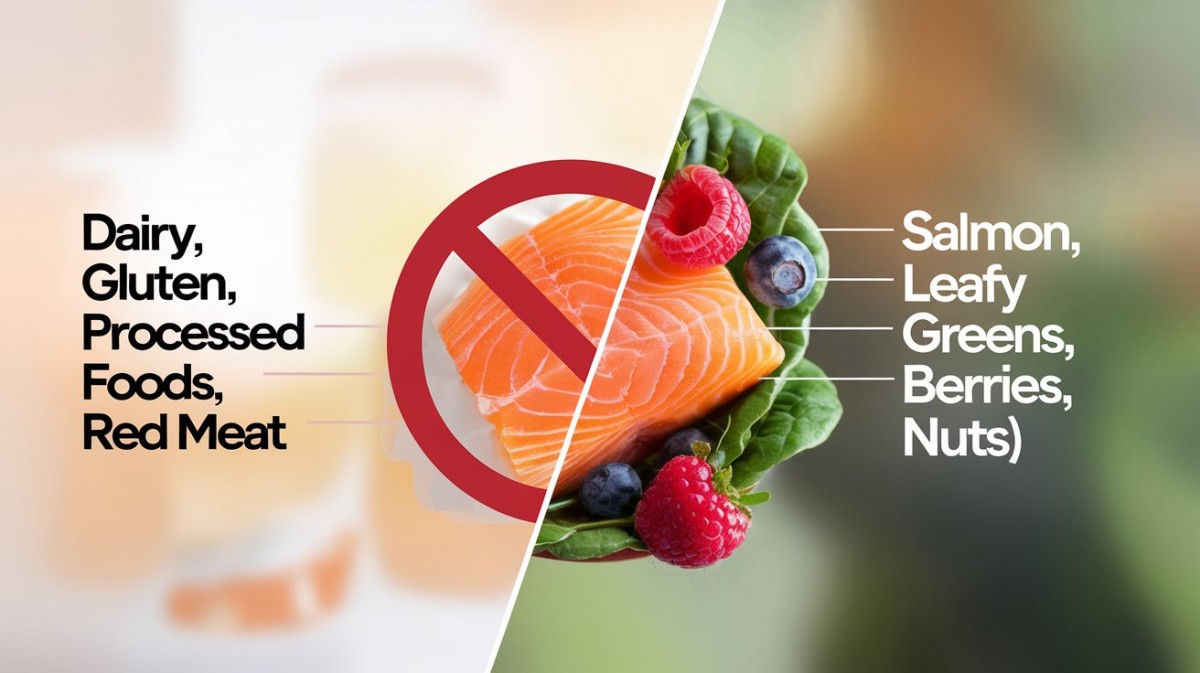Have you ever thought about whether certain foods you have consumed are causing some skin changes on you?
Do you know that there are foods which when you take, your eczema or psoriasis becomes worse?
You're not alone. In fact, people who are diagnosed with chronic skin issues often report that diet is a key factor when it comes to the symptoms. But what are the different foods that one has to avoid so as to maintain skin that is clear and free from any discomfort? Now, let’s look at how choosing the appropriate meal type can be a game-changer to your skin health.
Understanding Eczema and Psoriasis
Before going straight to the no-no foods, it is imperative to define what eczema and psoriasis are, and how they influence your skin.
Eczema is a skin disease that inflames your skin and causes it to turn red and itchy. It is usually associated with an exaggerated response of the immune system to stimuli usually environmental including food substances.
Psoriasis, however, is an autoimmune disease that causes cells of the skin to divide at a very fast rate, thus leading to formation of thick skin which is covered by silverish scales. The two can be ‘food induced,’ meaning certain foods could cause the flare or worsen its symptoms, so controlling the food you consume can be part of your skincare regimen.
The Role of Diet in Eczema and Psoriasis
There are no clearly defined diets for the management of eczema and psoriasis but certain foods that cause flare have been noted. The relationship between meal and inflammation is not always simple, it could be immune reaction, inflammation and even gut. Which foods are best avoided is important in avoiding episodes and better amelioration of the symptoms.
Foods to Avoid
1. Dairy Products
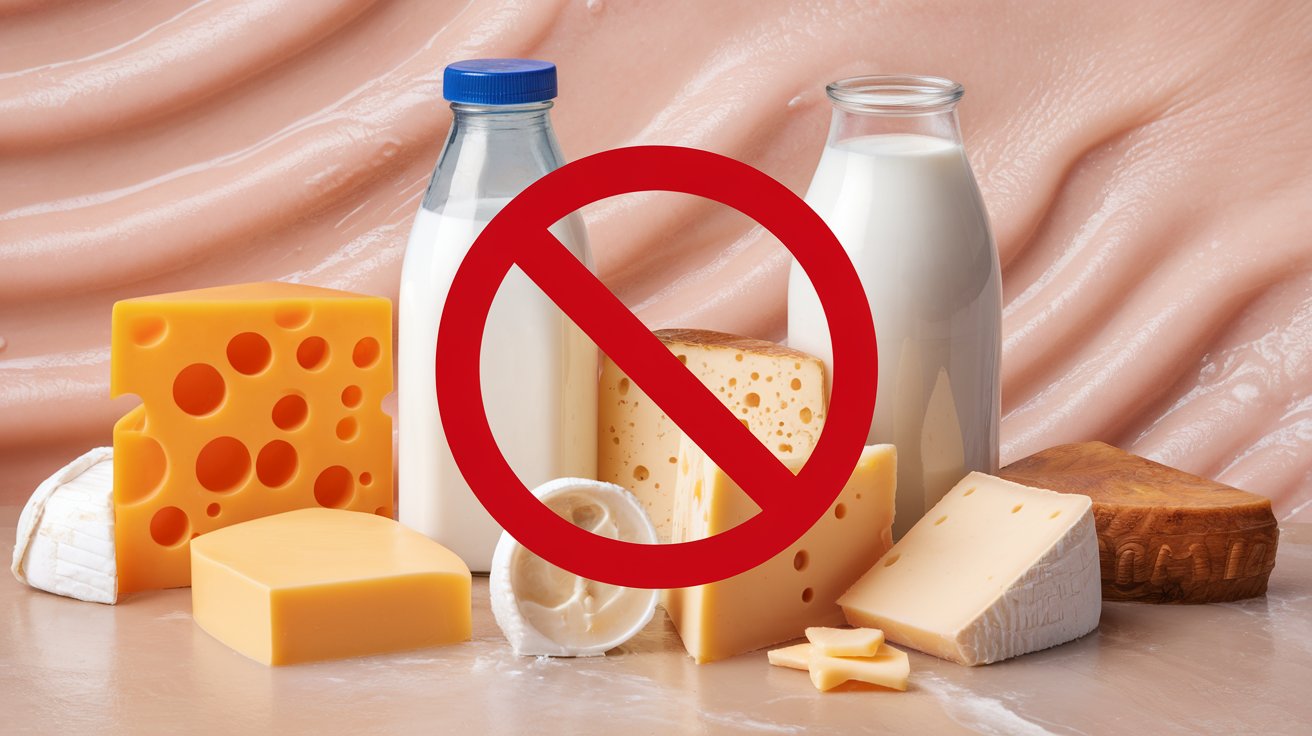
Dairy is also one of the most known aggravating factors for both eczema and psoriasis. The proteins, casein and whey in the dairy products trigger an inflammatory reaction – this people skin irritations. If this is something that you have been observing over some time and you realized that as soon as you take milk, cheese or yogurt your skin worsens, then considering going for dairy free diet might be of great benefit.
Creative Tip: It is also important to avoid cow’s milk and use almond, soy, or oat milk most of the times since it does not affect the skin.
2. Gluten
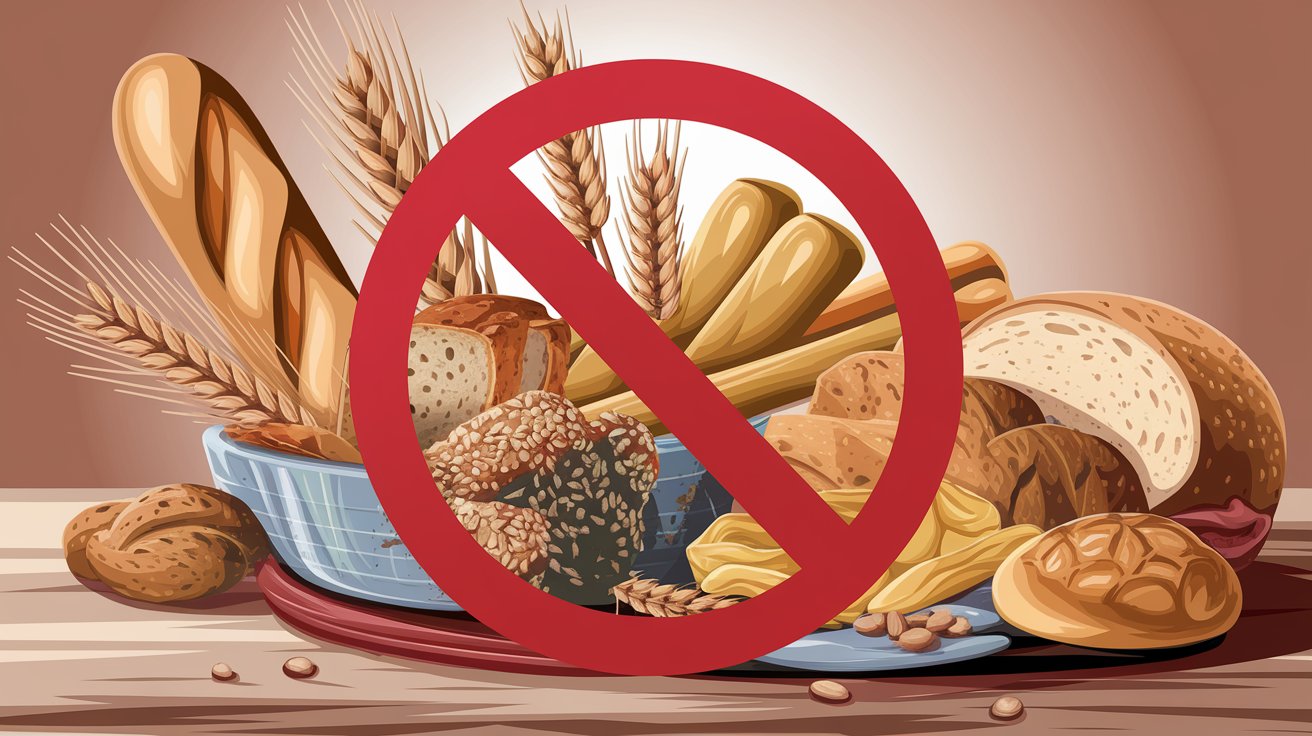
Another possible offender to the condition is gluten, a protein present in wheat, barley as well as rye. Certain research indicates that gluten sensitivity may cause inflammation of the skin and cause psoriasis and eczema to worsen. This is true especially for clients with the celiac disease or non-celiac gluten sensitivity. So if you think that gluten is causing problems to your skin then you should try avoiding any food containing gluten for a while and see if the skin problem will improve.
Creative Tip: It is also advisable to replace the wheat products with other types of grains like quinoa, rice and buckwheat.
3. Processed Foods
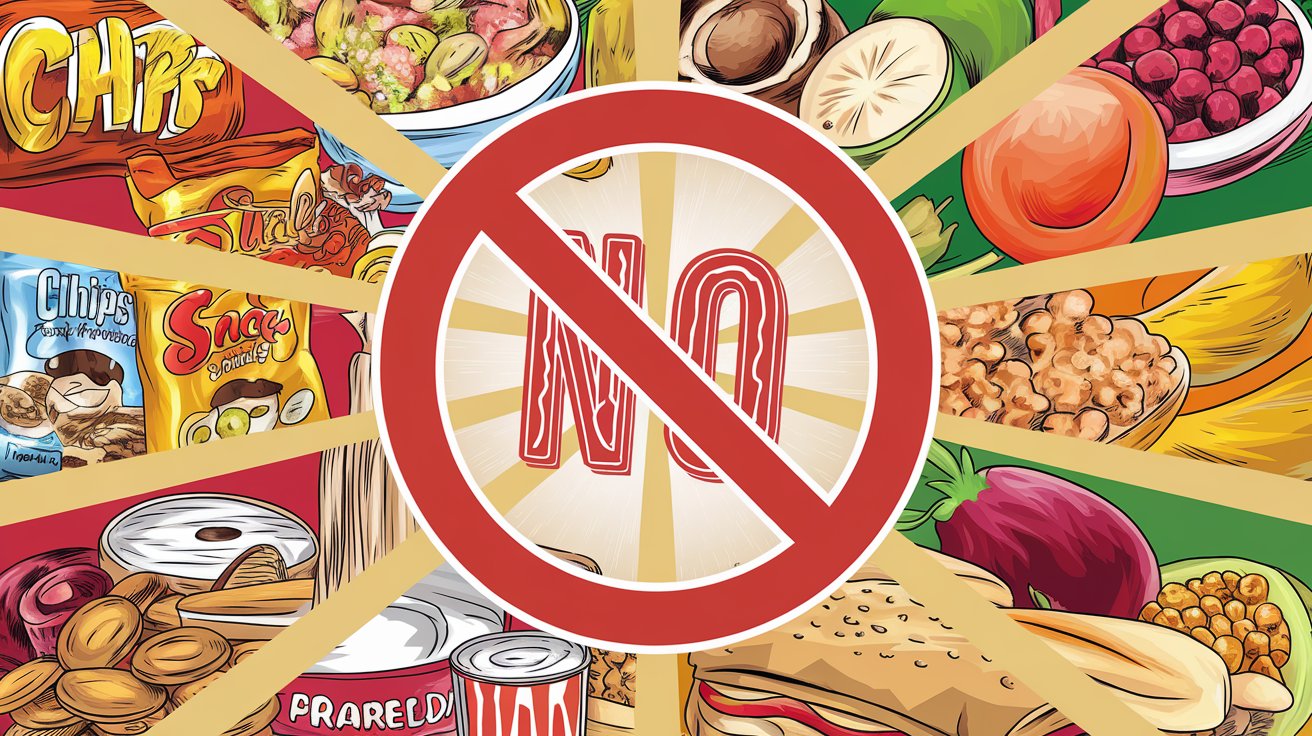
Saturated foods which are processed and include preservatives, additives and bad fats promote inflammation and worsen skin conditions. These foods can also have adverse effects on the gut health and as research shows the gut and skin health are correlated. Removing processed snacks, sugary cereals, fast foods among others are good to reduce the flare-ups of eczema as well as psoriasis.
Creative Tip: Try and buy fresh and unprocessed products such as fresh fruits, vegetables and lean meats. Cooking at home is better because it enables one to determine whta to feed on unlike in the restaurants outlets.
4. Nightshade Vegetables
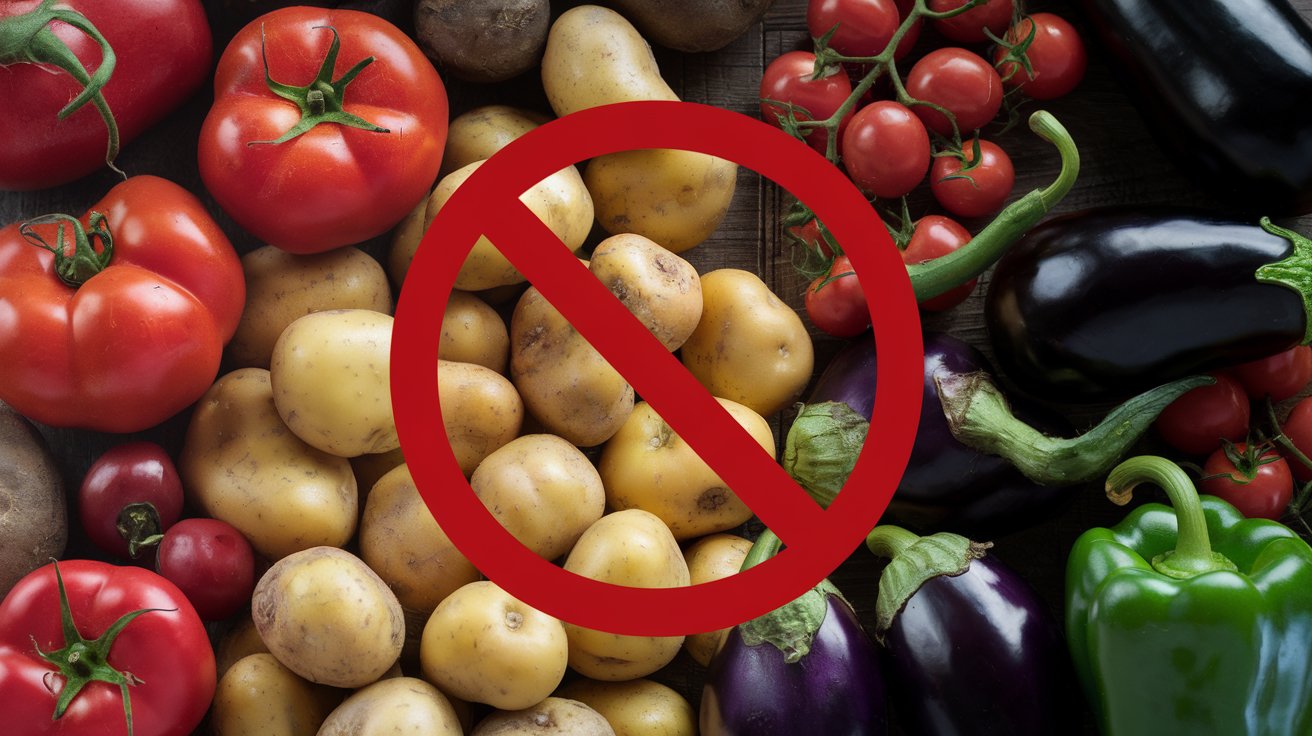
The most popular nightshades are tomatoes, potatoes, eggplants, and peppers; all these cause inflammation to the human body due to solanine. It is important to note that not all sufferers of eczema or psoriasis have a sensitivity to nightshades however, if they do, they should find that their symptoms mysteriously disappear when they cut nightshades out of their diet.
Creative Tip: Substitute peers with the equally delicious options such as sweet potatoes that are on the list of anti-inflammatory foods that are rich in nutrients.
5. Red Meat
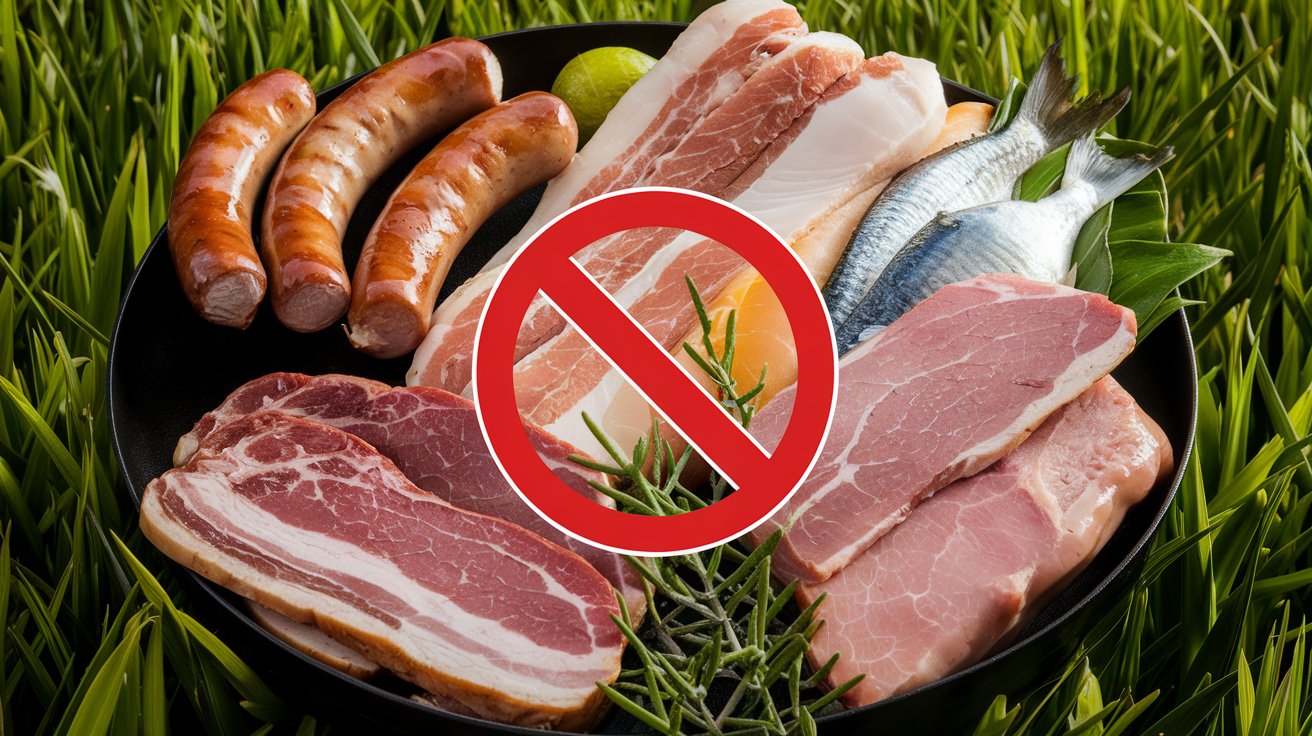
Saturated fats which are found in red meat, specifically processed meats such as sausages and bacon increase inflammation levels. This can trigger erythema in those with eczema and psoriasis as mentioned above in this article. Opting for lean meat products for example fish, chicken or avoiding meat products altogether and going for plant bases products is good for your health since it reduces instances or inflammations.
Creative Tip: Increase your consumption of fatty fishes such as salmon or mackerel that are laden with beneficial omega-3 fatty acids that possess anti inflammation qualities.
6. Citrus Fruits
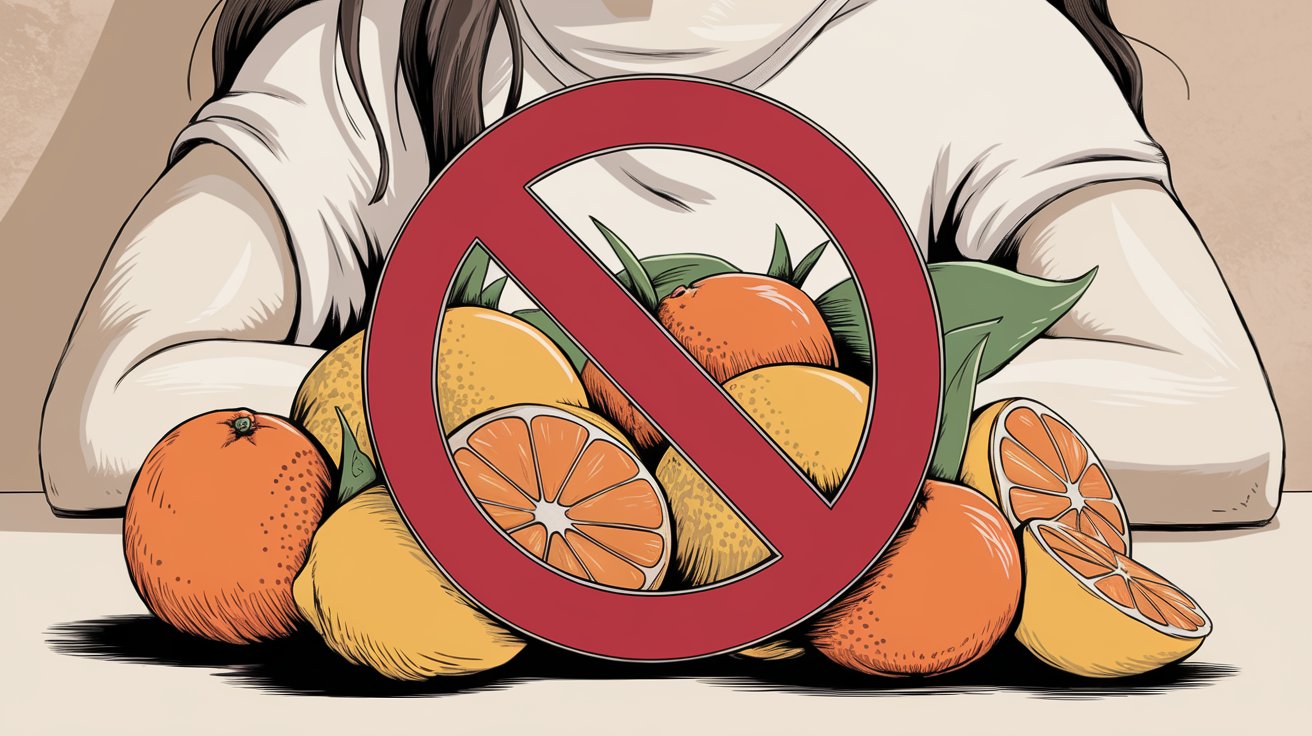
Oranges, lemons, and grape fruits are examples of citric fruits which are acidic and may cause irritation or itchiness if they come into contact with the skin if one is a victim of eczema. As much as they are full of vitamin C which is good for the skin, they have an acidic level that may be very unpleasant for sensitive skin.
Creative Tip: For those with a sensitive skin especially to citrus, better avoid them, instead try taking fruits such as berries; these are packed with antioxidants.
7. Soy
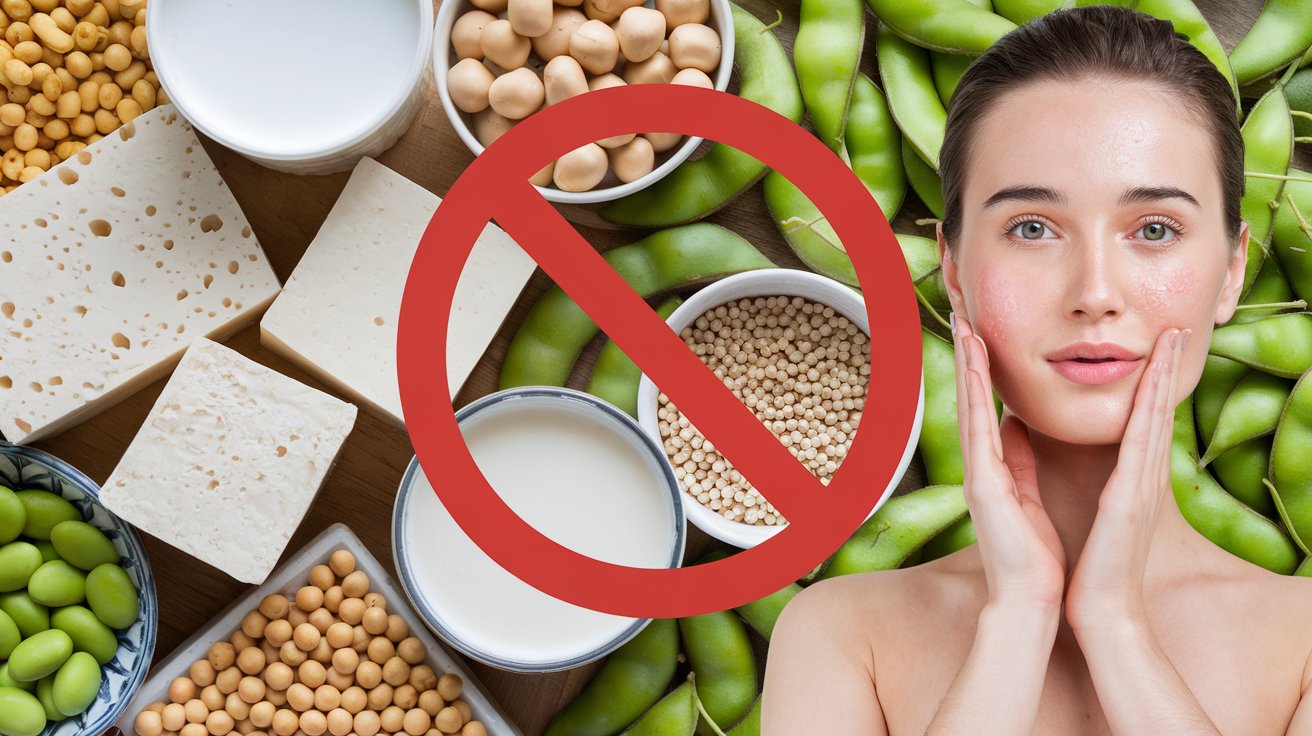
Soy and soy based products are also known to be allergens to people with eczema and psoriasis. Soy was found to have phytestrogens which alters the condition of hormonal balance and worsens the symptoms. Be careful with any reactions your skin may give after consuming soy products including tofu, soy milk or edamame.
Creative Tip: If soy causes you issues then try for instance, Tempeh which is fermented soy and may not have same effect as others, or you can opt for other forms of protein such as lentils or chickpeas.
A Balanced Approach
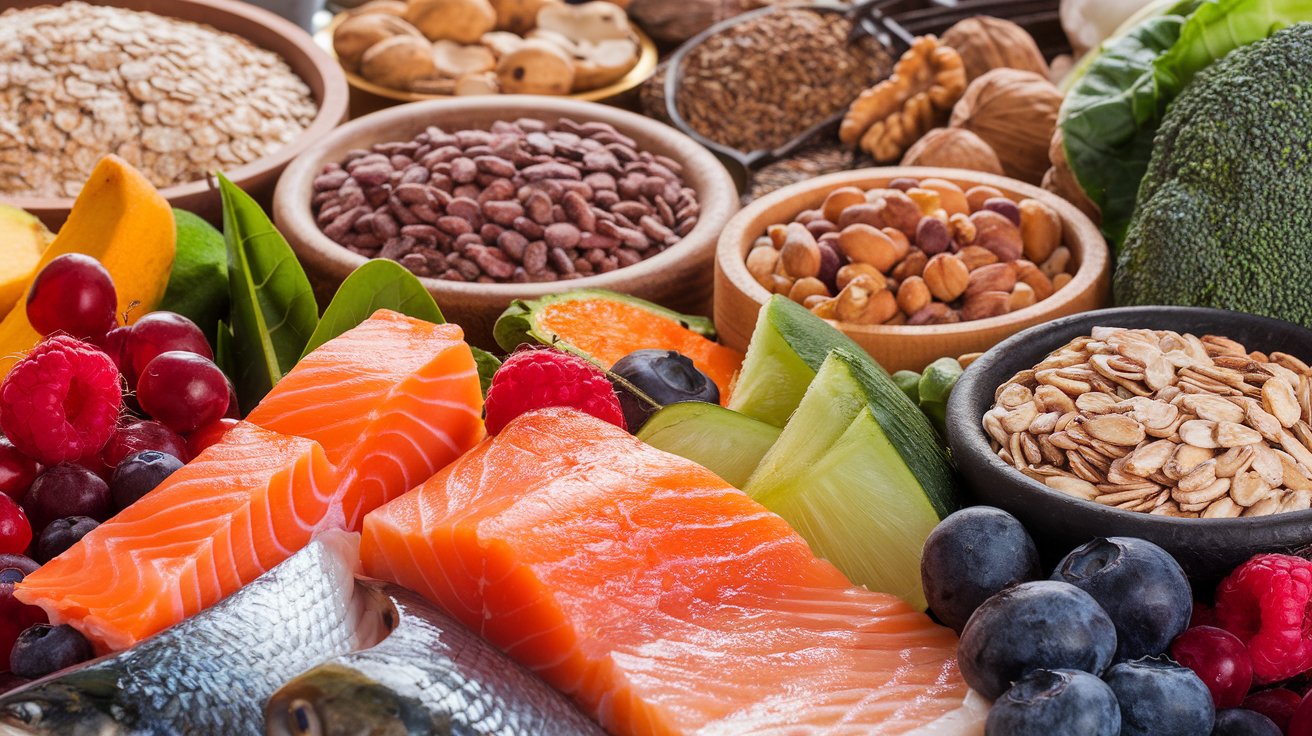
Although there are foods and beverages that have the ability to cause flare-ups in those with eczema and psoriasis, it is beneficial to have a diet that is well-balanced and rich in foods that possess anti-inflammatory qualities. Certain nutrients such as omega-3 fatty acids, antioxidants, and fiber will greatly assist the skin and reduce inflammation.
Anti-Inflammatory Foods to Include:
1. Fatty fish: Some types of fish available include salmon, sardines, and mackerel.
2. Fruits and vegetables: Fructose-containing fruits, green leafy vegetables, and vegetables belong to the cruciferous category.
3. Nuts and seeds: Some nuts packed with essential vitamins and omega-3 fatty acids include flaxseeds, chia seeds, and walnuts.
4. Whole grains: other grains particularly oats, quinoa, and brown rice.
Monitoring Your Diet
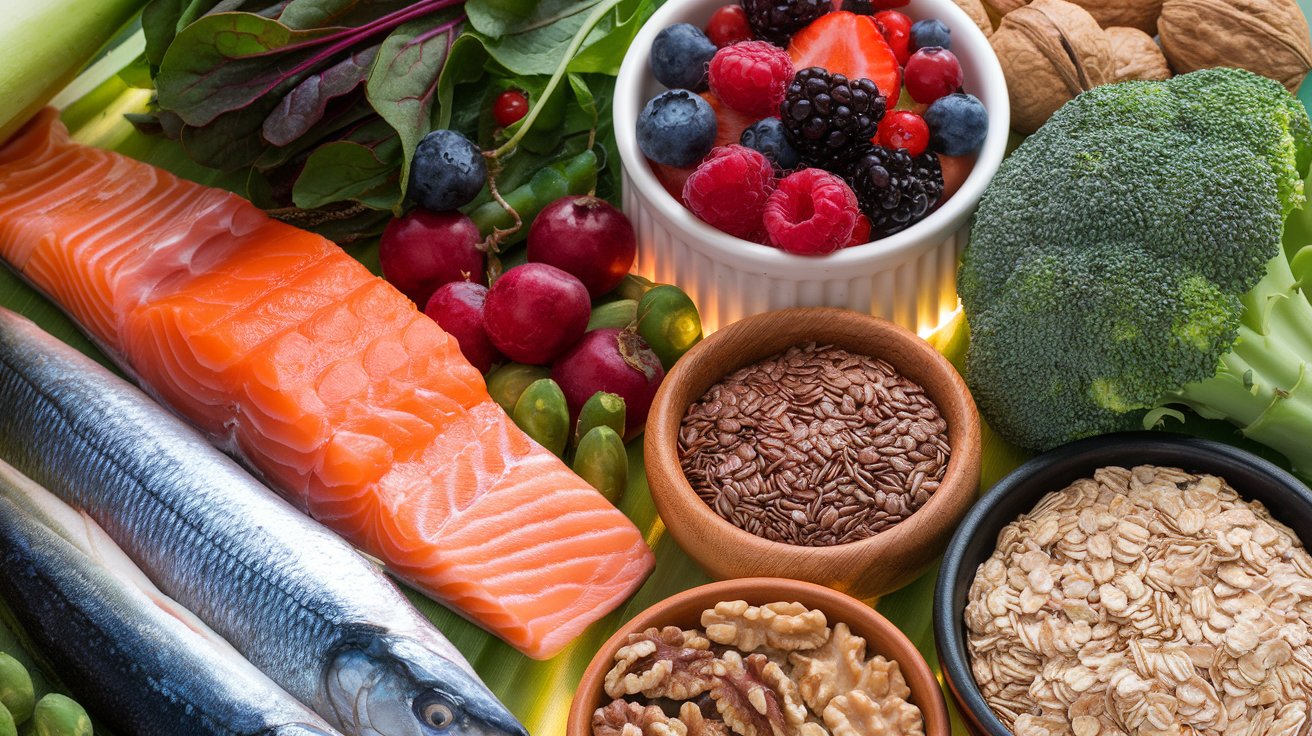
Writing down what we eat in a special notebook, called a food diary also can be extremely useful in discovering the list of foods that cause the problems. It is only possible to deduce what one is feeding on from the changes in skin and try to avoid them next time. Another thing that you should do is to seek professional advice from a doctor or an nutritionist, of course depending on the nature of your ailment who would be in a better position to advice on the right diet to take.
For more such related content don't forget to check out blogs on Health Benefits.
Conclusion
Eczema and psoriasis are illnesses that are not only treated topically, it means you need to start making a choice on what you eat daily. Proactively steaming out foods that have been considered to cause skin-related issues such as dairy products, gluten products, processed foods, and nightshade products you are in a position to manage your skin status. Just know that every one of us is unique and therefore establishing the dieting approach that is most ideal is a process that can take some time. If properly taken, it will not be impossible to have a clean skin which is free from discomforts.
